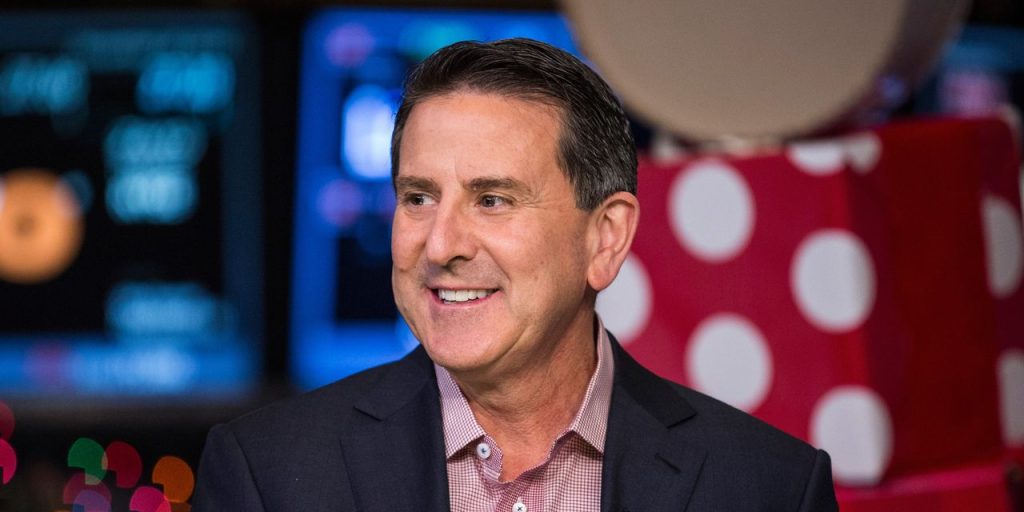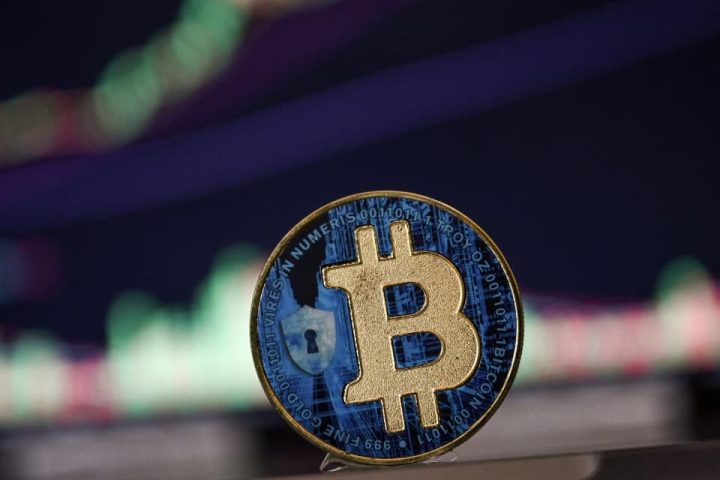Emerging-market economies, including Mexico, Brazil, Indonesia, Vietnam, South Africa, and Turkey, have exhibited resilience in the face of anticipated debt crises and rising global interest rates, as discussed at the recent IMF and World Bank annual meetings. These economies have managed to avoid debt distress despite geopolitical strife, defaults in low-income economies, a downturn in China’s real estate market, and mounting global interest rates.
Several factors have contributed to this resilience. A key role has been played by the loose fiscal policies of the US and China. The US is projected to run a $1.7 trillion deficit in 2023 while China’s debt-to-GDP ratio has doubled over the past decade.
Emerging-market policymakers have also moved away from the “Buenos Aires consensus” in favor of more prudent IMF-endorsed policies. These strategies include amassing large foreign exchange reserves to shield against liquidity crises. India’s forex reserves stand at $600 billion, Brazil’s at $300 billion, and South Africa’s at $50 billion.
Additionally, emerging-market firms and governments have used low interest rates to extend their debt maturities. The emphasis on central bank independence and inflation targeting has also been crucial. This approach has allowed emerging-market central banks to execute preemptive policy rate hikes. New regulations now require banks to match their dollar-denominated assets and liabilities to protect against sudden dollar appreciation.
However, not all emerging-market economies have followed this path. Argentina and Venezuela have rejected the IMF’s macroeconomic policy guidelines leading to economic disasters. In contrast, Turkey stands as an anomaly, maintaining growth despite high inflation and impending financial crisis predictions.
This article was generated with the support of AI and reviewed by an editor. For more information see our T&C.
Read the full article here







